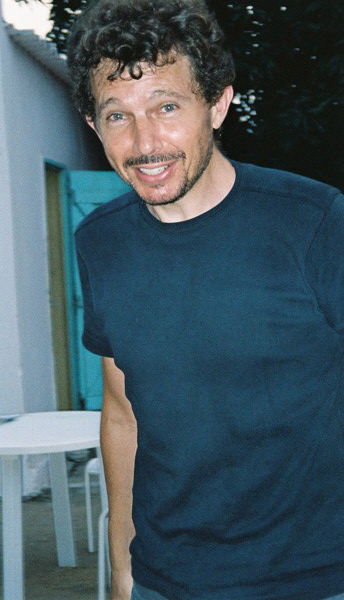
Working as an academic in South Africa has been at times very challenging yet an overall deeply rewarding experience because, among other things, I have been motivated to ask questions not simply about my specific field, narrowly conceived, but also about the social context within which academic activities are nested and how this context ought to impact on academic life.
Although these concerns stem largely from my experiences in South Africa, many of the answers are relevant to academic work as such. What are the ultimate aims of academic work and how are these aims related to the social at large? And what are our responsibilities to the state and to society at large? These are very hard questions to answer, but the answers could potentially revolutionise the way we understand academic life.
Often I hear colleagues complaining that excellence in teaching and research are the primary aims of academic life and that these ideals are incompatible with government pressures to increase research outputs—the dreaded publish or perish mentality—and large increases in class sizes. I think there is plenty to be worried about regarding impositions from bureaucrats who are often narrow-minded and who may have dubious agendas, but isn’t it also true, for instance, that without growth in student numbers we will continue overwhelmingly only to cater for the economic elites who are able to access good, typically private, schooling and hence not doing our bit to further, say, the basic democratic aims of inclusion?
But perhaps this is not our business as scholars, perhaps our fundamental aim is indeed excellence and nothing more and only academic institutions know best how to serve these ends, so government should stop meddling in our affairs. I also often hear colleagues complaining—academics are particularly good at complaining—about how we can do nothing for students who come from an abysmal public schooling system, and that hence there should be no pressure exerted on us to admit such students into institutions of higher learning.
The case of public education, people advocating this line of argument will typically hold, is an unspeakable tragedy, but we are neither responsible nor able to help students who are unable to perform in accordance with certain standards of excellence. But is it true that we can do nothing? It is certainly true that we can’t do anything—Who can?—but it also seems to me that academics often like not to be taken out of their comfort zones, and this, it seems to me, is one of the key features of academics that actually stops them from thinking creatively and deeply about new ways of doing university that better integrate the ideal of excellence with democratic prerogatives.
It seems clear to me that by carefully thinking about these issues we stand to become better, more rounded, academics, that is, academics who properly understand what it is that they are doing and hence who are not acting blindly, perhaps pulled along by the force of prejudice.
I am certainly deeply disappointed that government has not done anywhere nearly enough to improve schooling for the majority, and some claim that things are significantly worse than they were in 1994. But shouldn’t universities take the lead here rather than waiting for someone else, government in this case, to take the initiative. Aren’t we, the academic community, meant to be leaders rather than followers? If this is so, it seems to me that we should work to suppress the attitudes responsible for impotence-inducing negativity and take the lead in thinking out of the box about the sorts of ideals that should be informing academic life.
As I said above, excellence is considered to be the fundamental aim of academic work. But, despite the fact that I hear people complaining about threats to excellence, I am still waiting to hear a careful analysis of the concept of excellence and how this concept relates to another key concept: social responsibility. Are these concepts really expressive of antithetical ideals as many seem to think?
It is questions of this sort that we will be addressing in the three roundtables, the first of which commences on 17 February. These events are hosted by Rhodes University and are generously supported by the Ford Foundation. The overall aim of the three Roundtables is better to understand the very point of academic life.
The first Roundtable discussion will be on academic freedom and its relationship to social responsibility. The discussants will engage with the Centre for Higher Education (CHE) report, published in August 2008, entitled Report of the Independent Task Team on Higher Education, Institutional Autonomy and Academic Freedom (HEIAAF): Academic Freedom, Institutional Autonomy and Public Accountability in South African Higher Education. Most delegates will be dealing directly with the alleged conflict between academic freedom and social responsibility and at least one candidate will question the very idea of academic freedom.
The next roundtable, to be held later this year, will deal with the issue of managerialism and the third, to be held in 2011, on issues relating to diversity. The issues discussed in the three roundtable are expected to intersect in rich ways and the final result will be far more clarity regarding the fundamental principles that ought to be guiding academic life, in South Africa specifically and more generally.
Click here to see a brief summary of the different speakers’ CVs

